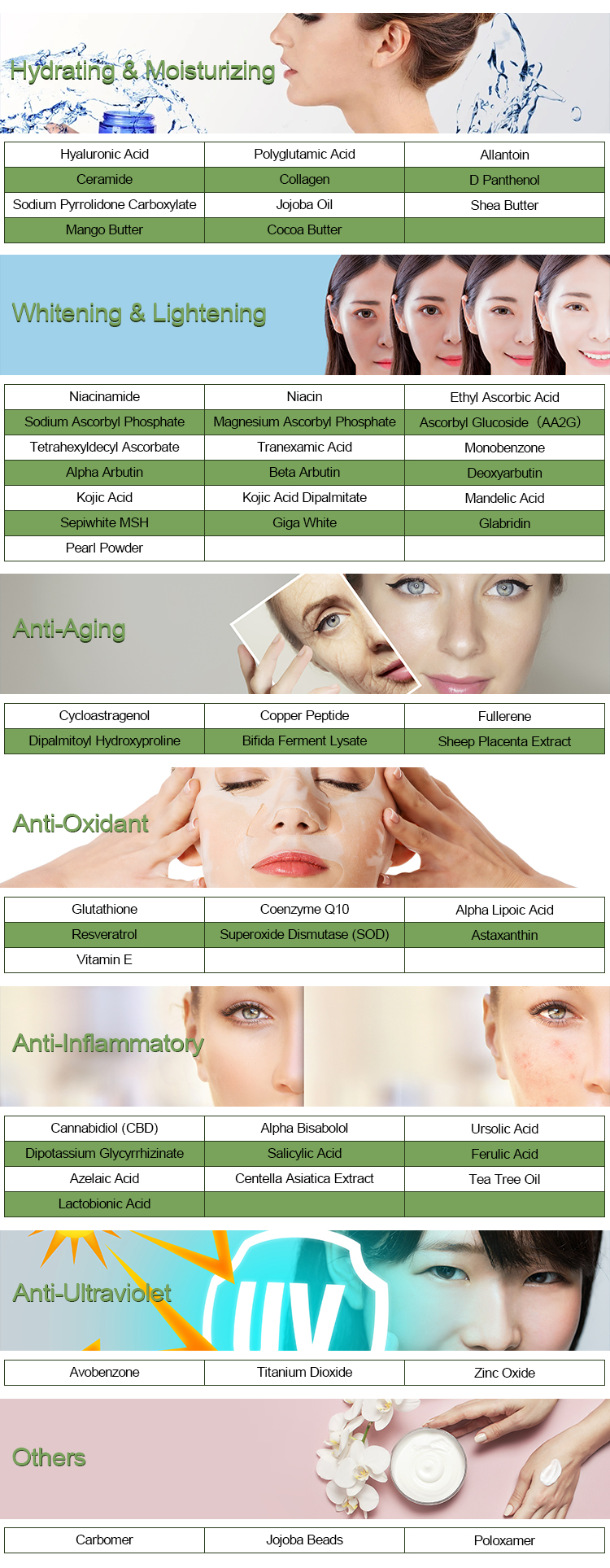Copper peptides are compounds that consist of a small protein fragment (peptide) bound to a copper ion. These compounds have gained attention for their potential benefits in skincare and wound healing. Here are some of the pros and cons associated with copper peptides:

Pros of Copper Peptides:
- Skin Regeneration: Copper peptides are believed to stimulate collagen and elastin production, which are essential for maintaining the skin’s elasticity and youthful appearance. This can potentially lead to smoother, firmer skin with reduced signs of aging.
- Wound Healing: Copper peptides have been studied for their role in wound healing. They are thought to promote tissue repair and regeneration, making them potentially beneficial for treating wounds, scars, and even certain types of skin injuries.
- Antioxidant Properties: Copper peptides possess antioxidant properties, which means they can help protect the skin from damage caused by free radicals. Free radicals are unstable molecules that can contribute to premature aging and skin damage.
- Copper’s Role in Enzyme Function: Copper is an essential trace mineral that plays a role in various enzymatic reactions in the body. These enzymes are involved in processes like collagen synthesis and antioxidant defense.
- Potential for Hair Growth: Some studies suggest that copper peptides may promote hair growth by stimulating the hair follicles and improving blood circulation to the scalp.
Cons of Copper Peptides:
- Skin Sensitivity: Some individuals may experience skin irritation, redness, or sensitivity when using products containing copper peptides. It’s important to perform a patch test before applying them to a larger area of skin.
- Allergic Reactions: While allergic reactions to copper peptides are rare, they can still occur. If you have a known allergy to copper or experience any unusual symptoms after using copper peptide products, it’s recommended to discontinue use and consult a dermatologist.
- Complexity and Stability: Copper peptides can be chemically complex and may require specialized formulation techniques to maintain their stability and effectiveness in skincare products. Products with poorly formulated copper peptides may not deliver the desired benefits.
- Interactions with Other Ingredients: Some skincare ingredients, such as alpha hydroxy acids (AHAs) and beta hydroxy acids (BHAs), may negatively interact with copper peptides, potentially reducing their effectiveness. It’s important to be cautious when combining different skincare products.
- Limited Clinical Evidence: While there is some scientific research supporting the potential benefits of copper peptides, more extensive and rigorous clinical studies are needed to fully understand their effects on skin health, wound healing, and other applications.

As with any skincare ingredient, individual experiences can vary, and it’s important to consult with a dermatologist before incorporating copper peptide products into your skincare routine, especially if you have sensitive skin or pre-existing skin conditions.
